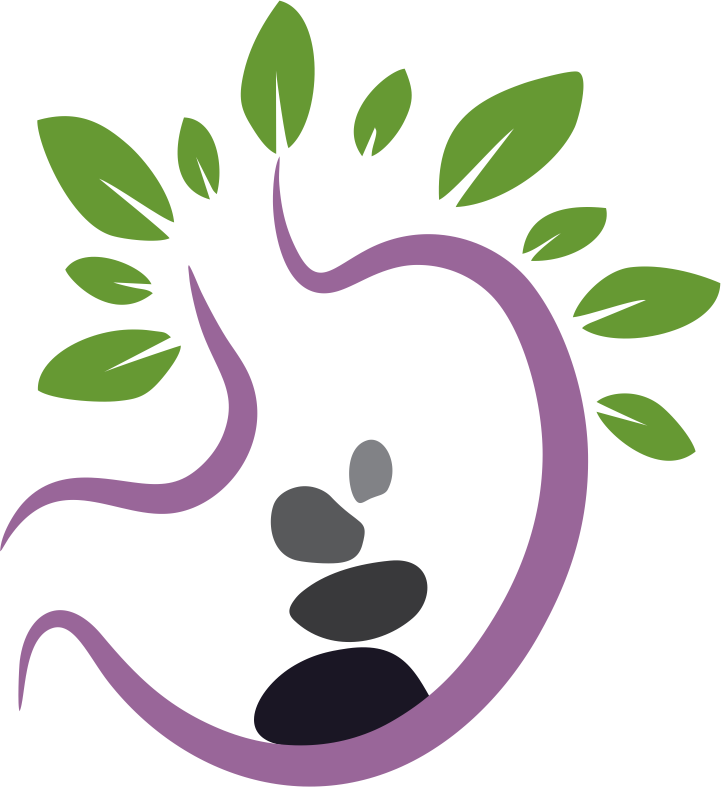Pathogens
Viruses, bacteria, and parasites are living organizms that are found all around us. They are in water and soil. They are on the surface of food we eat.
Parasitic infections are diseases caused by organisms that live off of another living thing. They can cause fever, fatigue, various intestinal symptoms, skin rashes or neurological symptoms including anxiety, stress and depression.

Candida
Candidiasis is a fungal infection caused by a yeast (a type of fungus) called Candida. Some species of Candida can cause infection in people; the most common is Candida albicans. Candida normally lives on skin and inside the body, such as the mouth, throat, gut, and vagina, without causing problems.
There are all sorts of different symptoms of candida overgrowth, ranging from:
* genital discharge
* sugar cravings
* brain fog
* digestive problems
* fatigue
* nutrient deficiencies
* skin problems

Bacterial Overgrowth
Small intestinal bacterial overgrowth (SIBO) occurs when there is an abnormal increase in the overall bacterial population in the small intestine — particularly types of bacteria not commonly found in that part of the digestive tract. This condition is sometimes called blind loop syndrome.
Symptoms of SIBO are nonspecific and include:
* bloating
* abdominal distension, abdominal pain or discomfort
* diarrhea or constipation
* fatigue, and weakness.
The frequency and severity of symptoms likely reflect both the degree of bacterial overgrowth along with the extent of mucosal inflammation.

Parasites
A parasite is an organism that lives on or in a host organism and gets its food from or at the expense of its host. There are three main classes of parasites that can cause disease in humans: protozoa, helminths, and ectoparasites. Protozoa.
- Abdominal pain.
- Diarrhea or constipation.
- Nausea or vomiting.
- Gas or bloating.
- Dysentery (loose stools containing blood and mucus)
- Rash or itching around the rectum or vulva.
- Stomach pain or tenderness.
- Feeling tired.

H. Pylori
H. Pylori (Helicobacter pylori) is a type of bacteria that can cause an infection in your stomach.
If you develope an H. pylori infecyion, you may not have any signs or symptoms. But it can lead to peptic ulcers, gastritis, and even certain types of stomach cancer.
Most people with H. pylori don’t feel sick, but when symptoms do occur, they include:
- Gastroesophageal reflux disease (GERD)
- Heartburn/Acid Reflux
- Low stomach acid (HCL)
- Stomachache or burning in the stomach/tenderness
- Nausea or vomiting
- Gas or bloating
- Abdominal pain
- Burping
